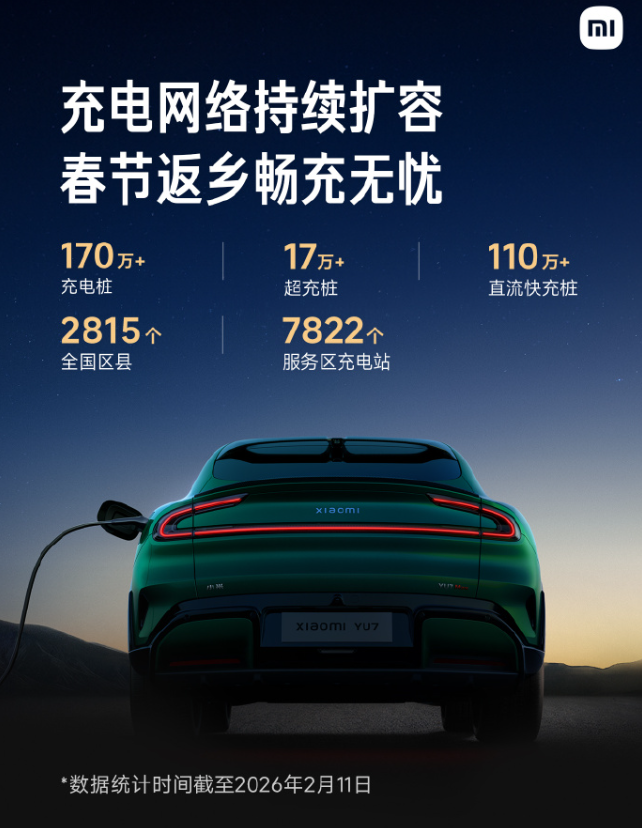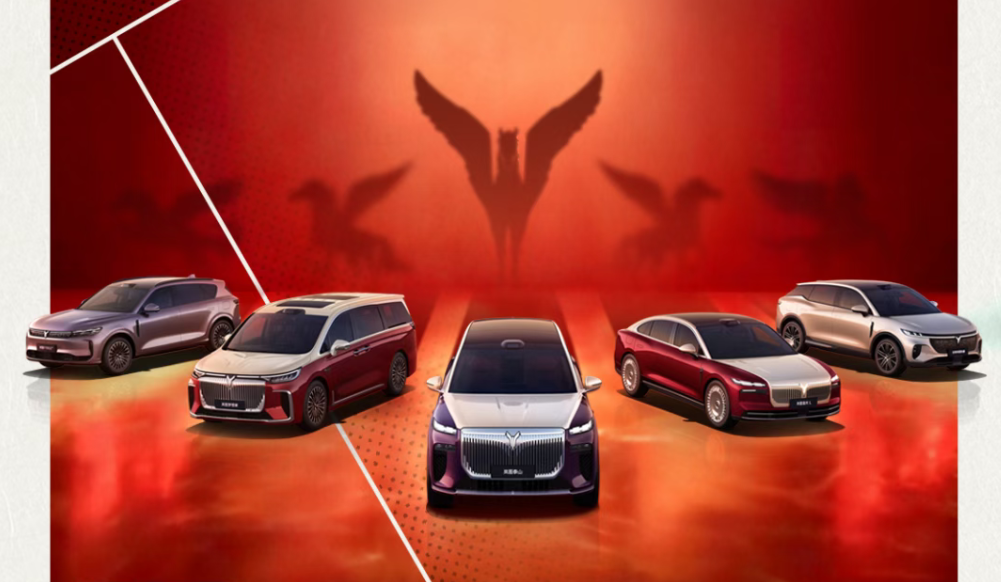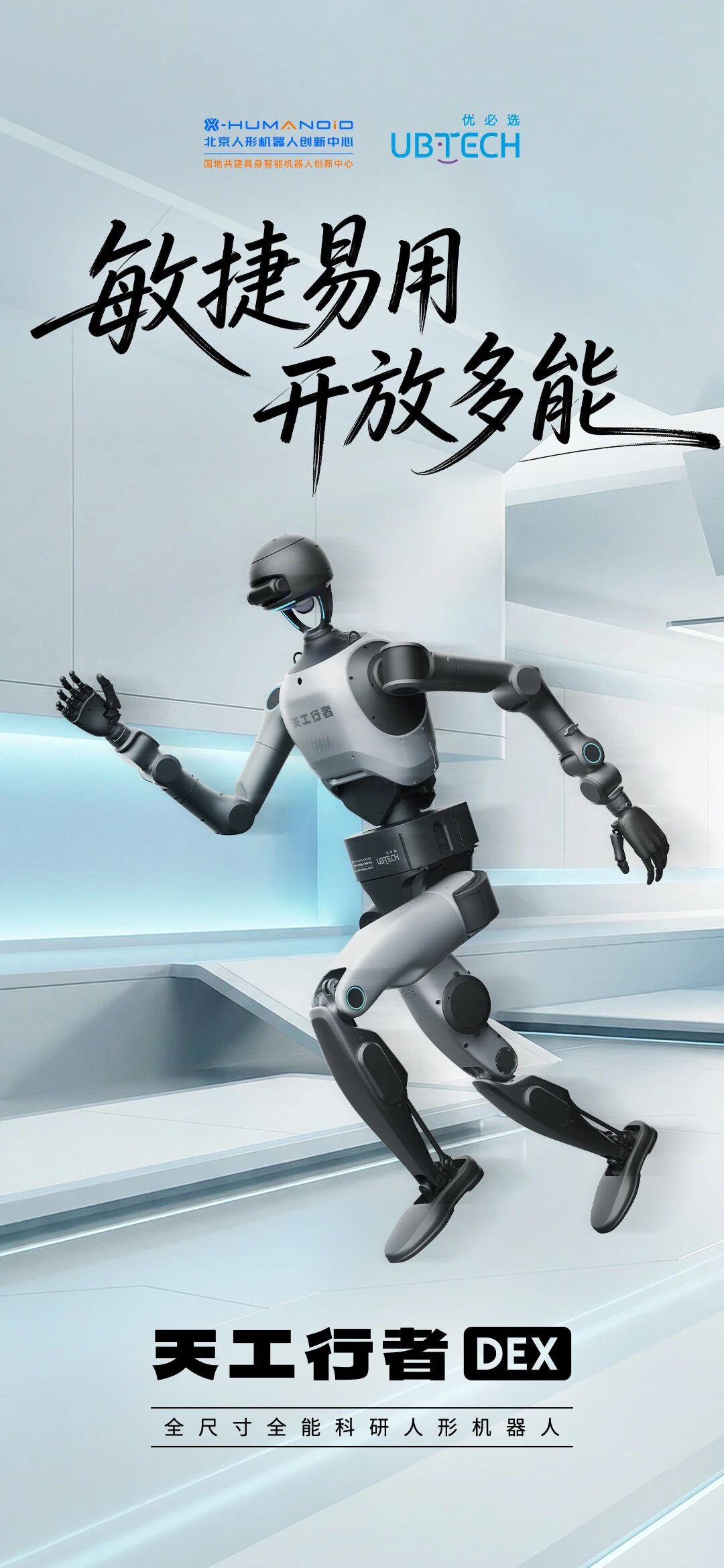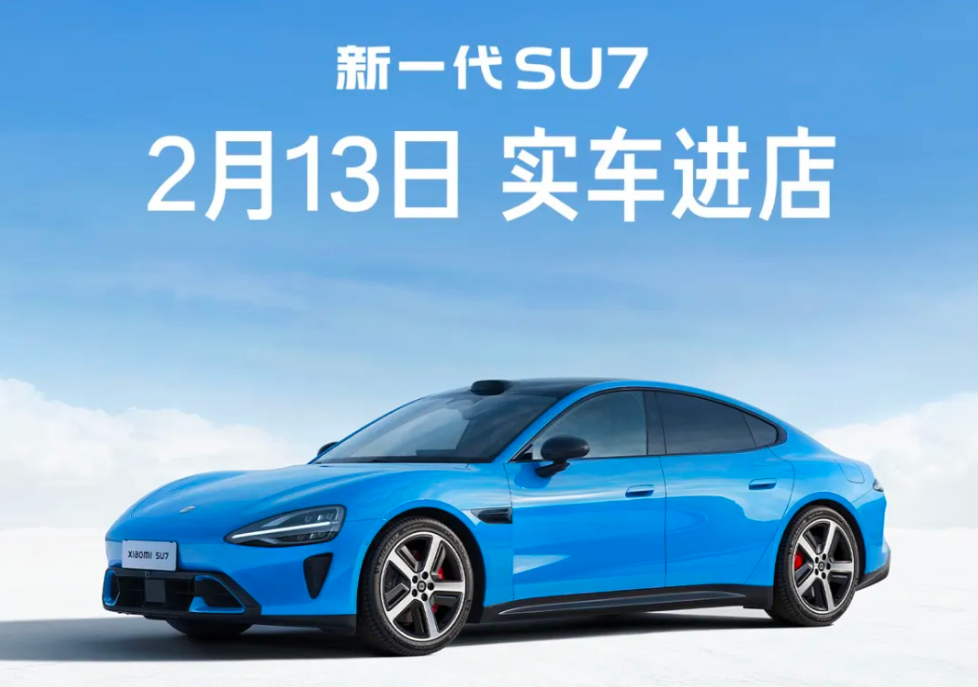Shanghai (Gasgoo)- Volvo Cars' Tāizhōu manufacturing plant recently rolled its 500,000th vehicle off the production line — a milestone marked by the production of an all-new Volvo XC70 vehicle, according to a post the carmaker issued on Oct. 30 via its WeChat account.
Officially launched on September 26, the all-new XC70 is priced between 416,900 yuan and 496,900 yuan, with a limited-time promotional range starting at 269,900 yuan.
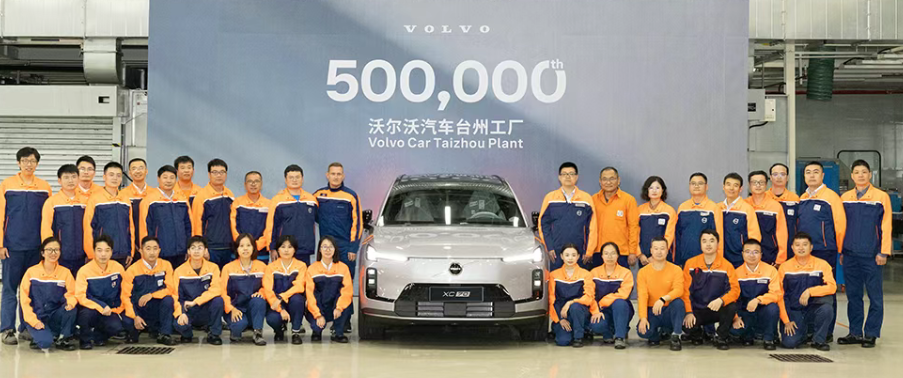
Photo credit: Volvo Cars
Staying true to the brand's Scandinavian design DNA, the all-new XC70 features the signature "Thor's Hammer" LED headlights equipped with adaptive high-beam and dynamic cornering functions. The vehicle measures 4,815 mm in length, 1,890 mm in width, and 1,650 mm in height, with a wheelbase of 2,895 mm, offering a balanced stance between elegance and practicality.
Inside, the all-new XC70 adopts a clean, technology-forward cabin design. The cockpit integrates a 15.4-inch central touchscreen, a 12.3-inch digital instrument cluster, and a 92-inch augmented-reality head-up display to form a seamless three-screen interface. With 24 smart sensors onboard, the vehicle supports intelligent parking and Volvo's NPA assisted navigation system, enhancing both safety and convenience.
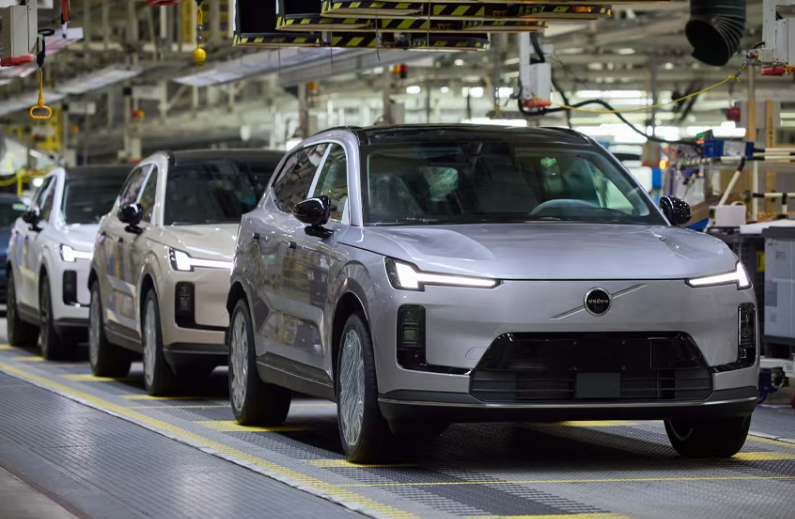
Photo credit: Volvo Cars
Powering the all-XC70 is a 1.5-liter turbocharged engine paired with either a single-motor or triple-motor plug-in hybrid system (P1+P2+P4 configuration). The engine produces a peak output of 120 kW and is mated to Volvo Cars' dedicated 3DHT hybrid transmission. The single-motor variant delivers a combined system output of 234 kW and is equipped with a 21.1 kWh LFP battery, offering 116 km of battery-powered range (CLTC) and accelerating from 0 to 100 km/h in 8 seconds. The more powerful triple-motor version generates 340 kW combined, powered by a 39.6 kWh ternary lithium battery, achieving 212 km of electric range and a total driving range exceeding 1,200 km.
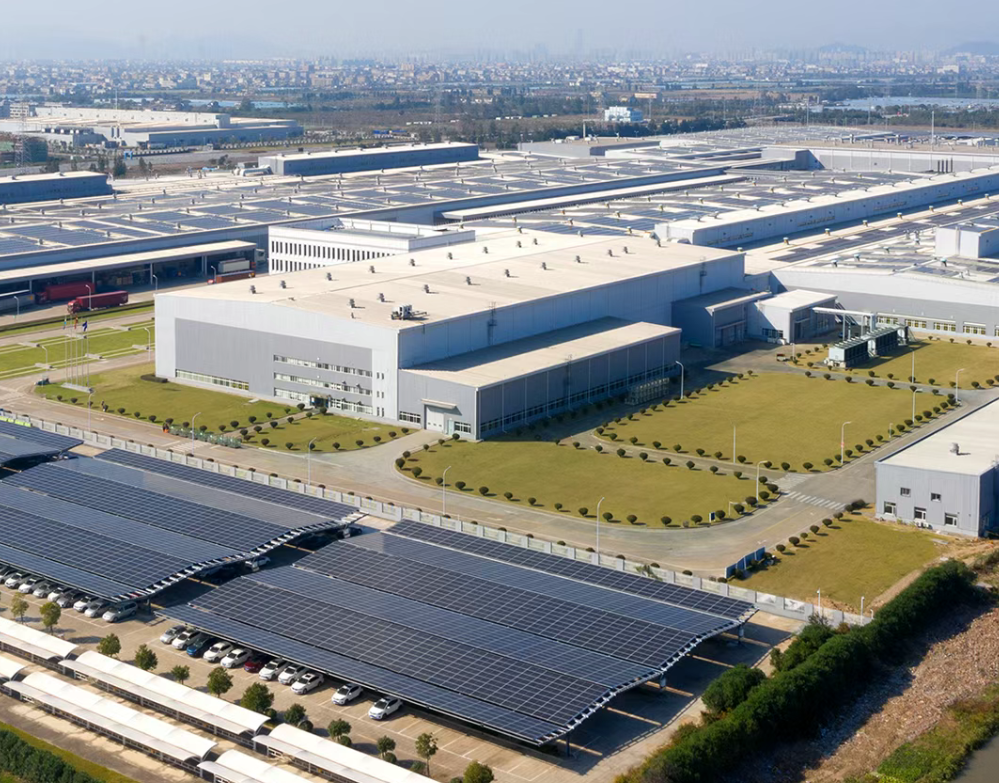
Photo credit: Volvo Cars
Volvo Cars emphasized that its Tāizhōu plant plays a crucial role in the company's global manufacturing network. Guided by the principles of safety, personalization, and sustainability, the facility operates under Volvo's unified VCMS production system, serving as a benchmark for intelligent, green, and high-quality vehicle manufacturing. The plant has also become a key hub for the implementation of Volvo Cars's global new energy vehicle strategy.
In terms of intelligent manufacturing, the Tāizhōu plant boasts 100% automation in its stamping line and operates 442 robots in its welding workshop. The paint shop achieves a 96% automation rate, while the final assembly line exclusively uses electric tightening tools that ensure every bolt's torque data is traceable for the vehicle's lifetime. The facility implements a seven-tier quality inspection system—from procurement to final assembly—employing advanced techniques such as ultrasonic weld testing, tear testing, and blue-light inspection to maintain world-class standards. Its adaptive welding system automatically adjusts parameters based on sheet thickness, guaranteeing consistency across all joints.
On sustainability, the plant achieved 100% carbon-neutral electricity use in 2021 and reached climate-neutral operations in 2024. It also pioneered closed-loop recycling for aluminum and steel without quality degradation and earned a three-star zero-landfill certification, becoming the first automaker in Zhejiang Province to do so.






